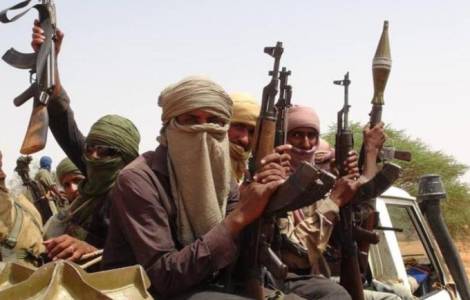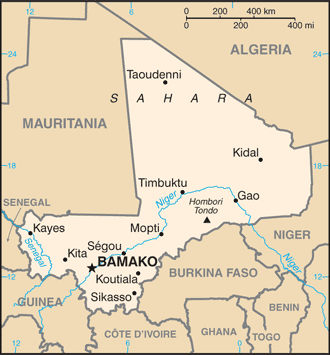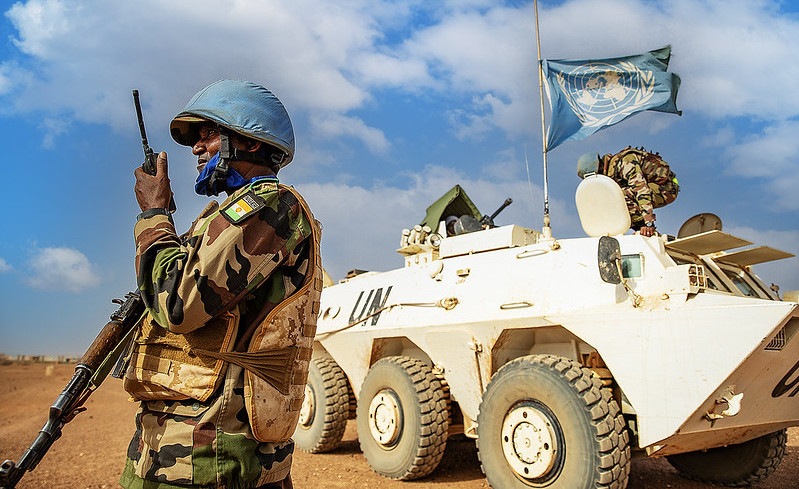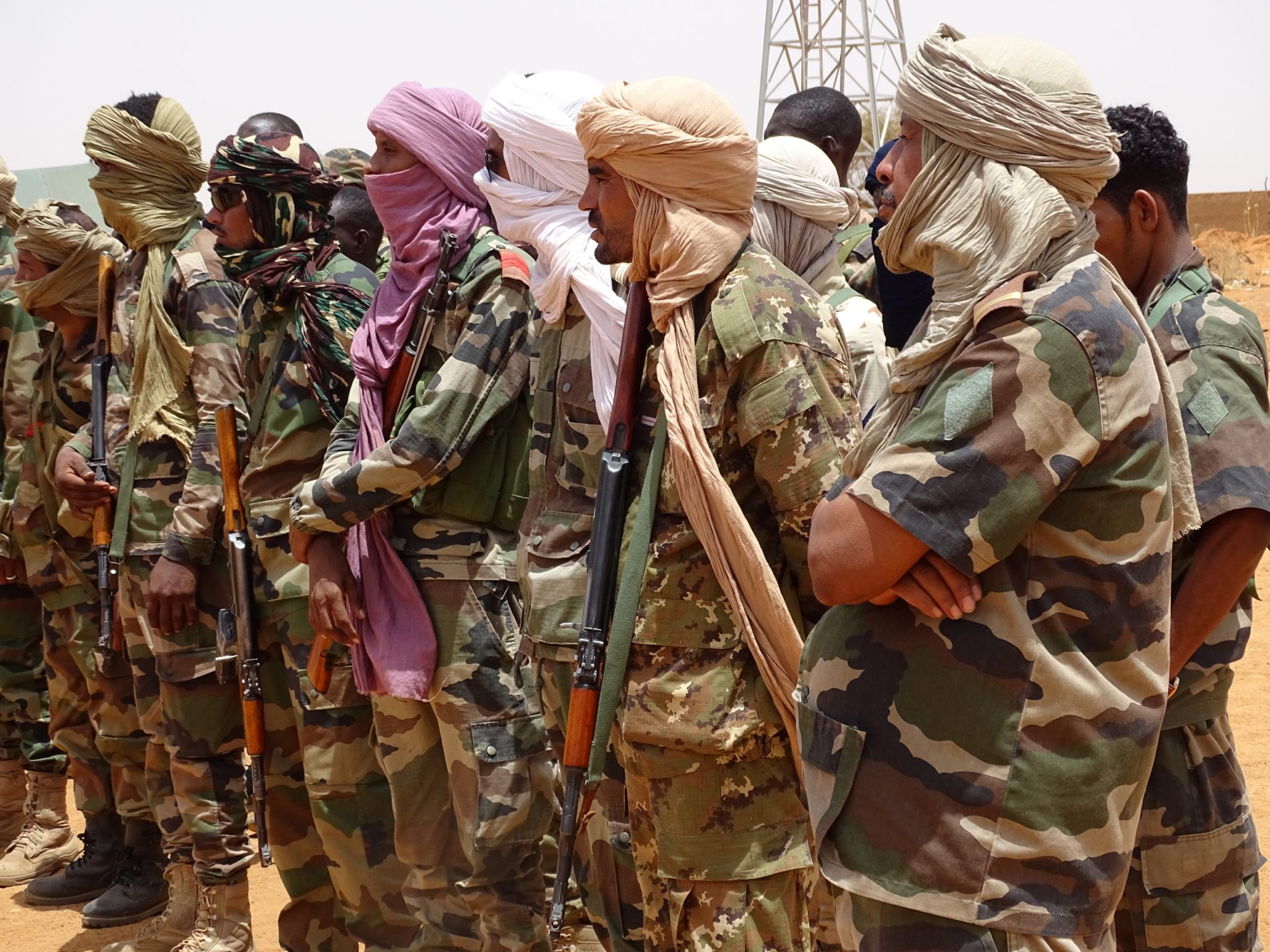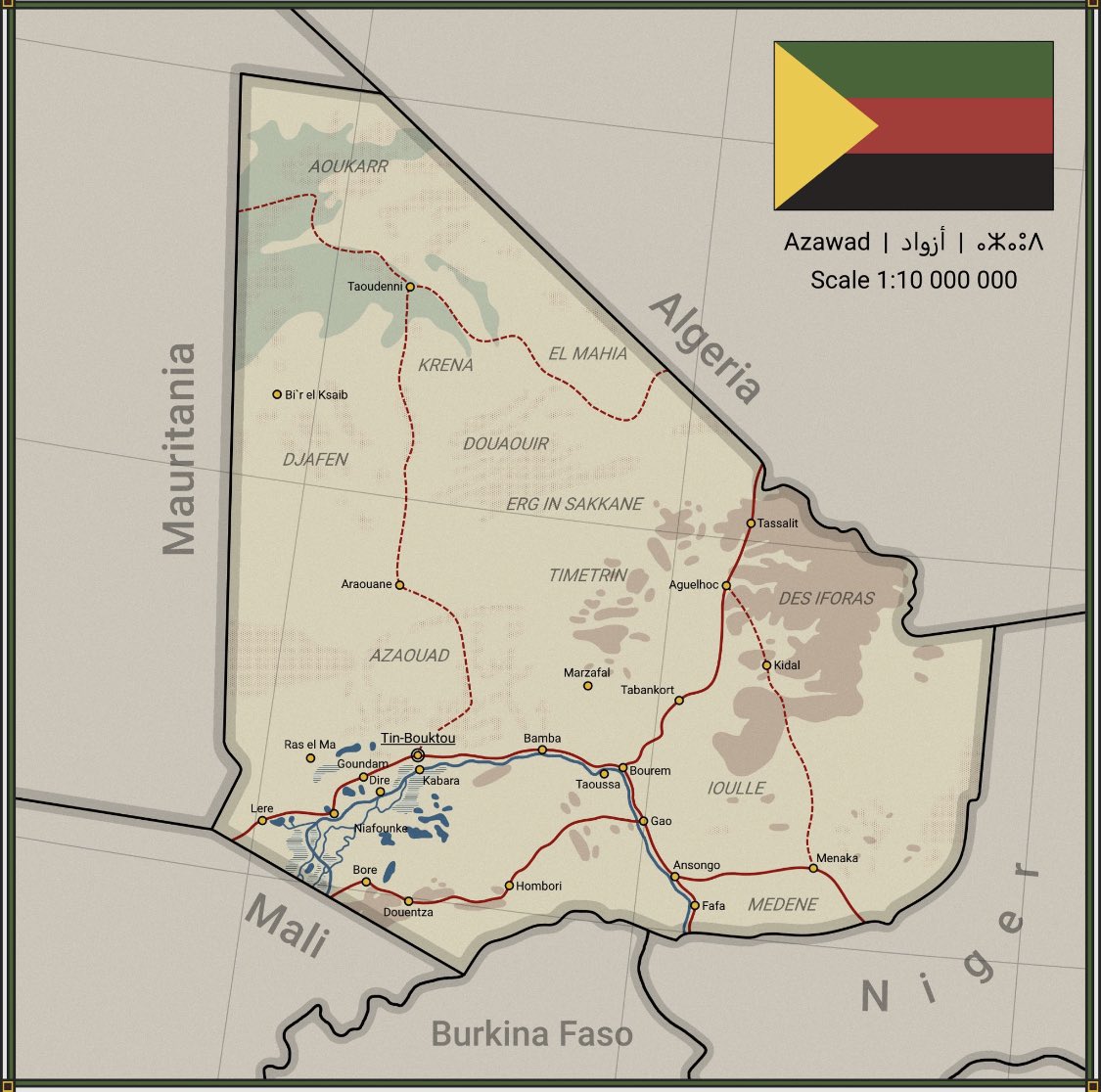
Jihadists and separatists to form alliance in Mali?
Talks are reported to be underway between JNIM, the main jihadist coalition in Mali, and the Tuareg-led secessionist Azawad Liberation Front (FLA) over a possible alliance against the Malian army and its Russian mercenary allies. Mali’s military regime terminated a peace deal with the separatists last year after driving them out of their northern strongholds. The junta has consistently labelled secessionist groups as “terrorists'” and accused them of collusion with jihadists. Separatists deny this, though combatants from both groups share family and community ties, have allied opportunistically at times in the past, and operate in the same areas. According to France 24, current points of negotiation include JNIM softening its demands, especially regarding the application of sharia law, and breaking ties to al-Qaeda. A sticking point may be the FLA’s goal of an independent Azawad—the name they give to northern Mali. Intensified fighting in the north over the past year has had severe humanitarian consequences, driving tens of thousands of people to neighboring Mauritania. (Map of Azawad, the claimed Tuareg homeland, via Twitter)



